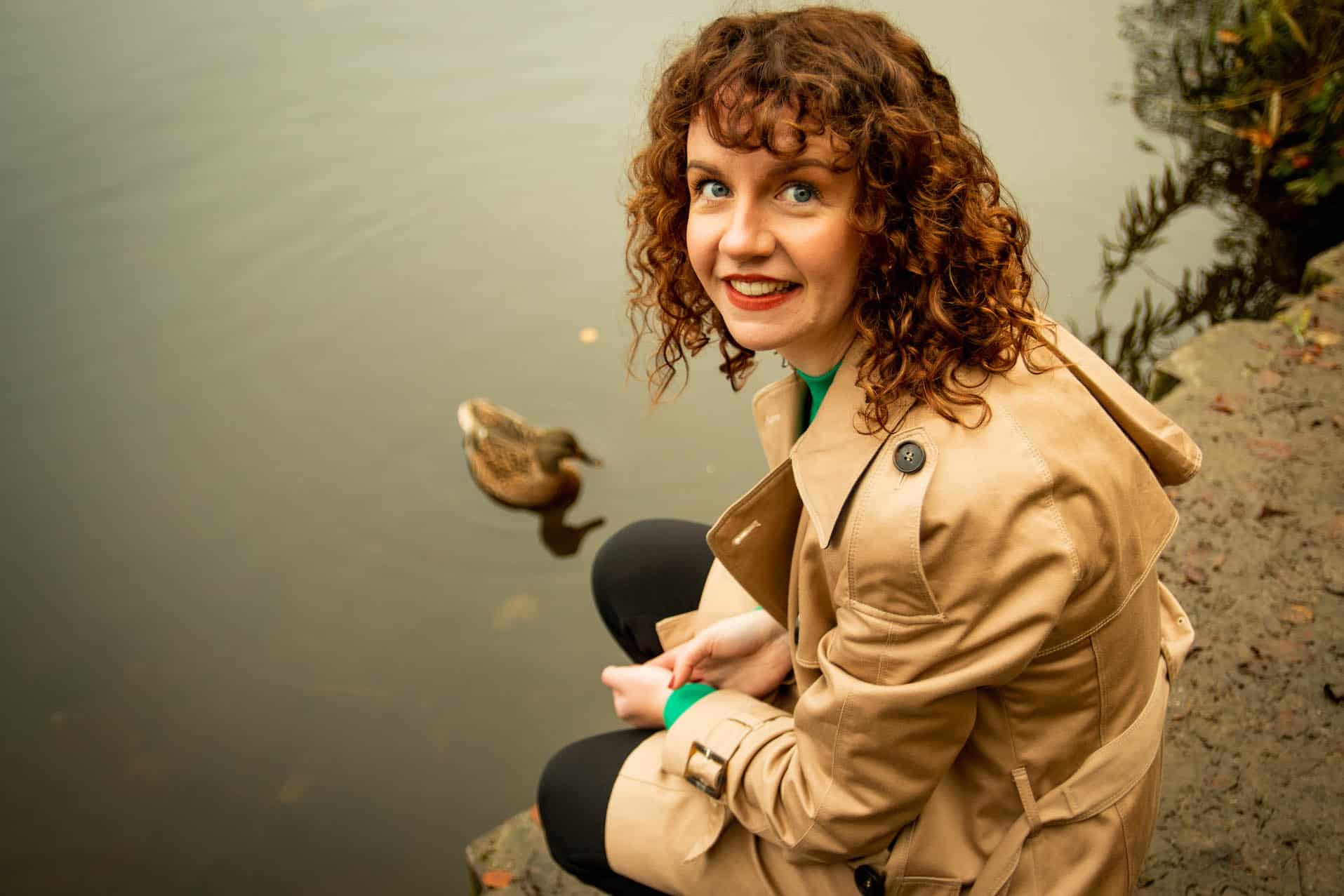Mental Health Awareness Week 2021
Eiméar Cooney:
Entering Life After Lockdown
For day 4 of Mental Health Awareness Week 21 we have have a guest blog from Aberdeen based occupational therapist, life coach and mindfulness facilitator, Eiméar Cooney, looking at life after lockdown.
Scratching our heads, emerging from the cave, stepping into the daylight after a hibernation many of us would not have chosen…is it any surprise to find that some of us are feeling a little fragile entering life after lockdown?
Although for the most part, many of us will be happy to get back to a sense of normality, some of us may find ourselves having mixed emotions about it all.
Is it safe? Will there be a surge in covid cases? Will we have to go into lockdown again? Will the vaccine work? Will we cope?
The answer to many of which, none of us have.
We can make educated guesses. We can listen to the experts. But none of us truly know what lies ahead.
But the funny thing is, that’s always been the case.
None of us have ever known what tomorrow has had in store for us or what the week ahead could bring. We assume we will wake up in the morning, go to work, do the shopping, cook, watch TV, go to sleep and repeat it all again the next day. We don’t think about all the ‘what ifs’ or the stuff we’ve no control over. And this is no bad thing. For us human beings this is a great protection mechanism. If our heads were to think of all of that stuff they’d explode! And it’s worked perfectly fine for most of us – until covid hit.
Navigating uncertainty is part of the human experience; we just don’t like giving it too much air time. But covid has reminded us how fragile life is and how important it is to make the most of the life we have. So as we start to emerge into the world again and as a level of uncertainty remains, it’s important to have a few coping mechanisms in our back pockets to call on when we’re feeling a little challenged.

So what are coping mechanisms and how do you develop them?
Coping mechanisms are strategies people can use and call on in the face of stress or adversity. They help us manage painful and difficult emotions whilst also coping with uncertainty. Coping mechanisms can look like different things to different people.
For someone it might be a task like knitting. Whilst for others it might be going for a walk or cuddling their pet.
When finding the right coping mechanism for you, ask yourself 2 things. A) Can I access it easily and B) Does it bring me comfort? If we find a coping mechanism that is within reach and easy to implement we’re more likely to use it and feel the benefit of it.
However make sure the one you choose has no negative consequences. We might think eating a packet of biscuits is simple and brings us comfort but our cholesterol won’t thank us for it in the long run!
If you’re struggling to identify a helpful coping mechanism; here are a few simple suggestions to help you look after yourself in life after lockdown.
1. Get Out into Nature
Even when the world feels like it has stopped turning on its axis, nature teaches us differently. The birds keep singing, the rivers keep running, the wind keeps blowing.
Whether it’s standing at your back door or going for a short walk, getting out in nature helps us to pay attention to the present moment and see that life is still happening all around us.
2. Breathe
It may sound obvious or over-rated but tuning in to your breath is one of the best gifts you can give yourself. Breath is always with you, so you don’t have to rely on a device or an app to help you feel a moment of calm.
Start by placing one hand on your belly and just notice your belly rising and falling with each in-breathe and each out-breathe. That’s it! Doing this as often as you like throughout the day is a great way to step off the hamster wheel and ground yourself to the here and now.
3. Talk to someone
Whether it’s a friend, a family member, someone you trust or a professional, talking about how you feel is so important to your health and well-being. Sometimes we’re so busy living in our heads that we don’t realise the impact our thoughts are having on how we feel. But, if we share them with someone, especially someone we trust, we can quickly discover that we are often not alone with our experience. Many people feel stressed, worried or sad and it’s through sharing this with others that we can start to normalise what our experience, as a human being, really is. Especially a human being living through a pandemic!
So reach out. A problem shared is a problem halved.
Eiméar is an occupational therapist, life coach and mindfulness facilitator.
She works with people who regularly feel anxious, stressed or overwhelmed by providing them with the tools & techniques to help them feel happy, confident and in control.
If you’re interested in finding out more you can follow Eiméar on Facebook & Instagram @eimearcooneycoaching
Or email her directly at eimearcooneycoaching@gmail.com
Eiméar also took part in a recent panel discussion about mental health and wellbeing hosted by Robert Gordon University for Mental Health Awareness Month.
The recording is available to watch below

Mental Health Awareness Week 2021

